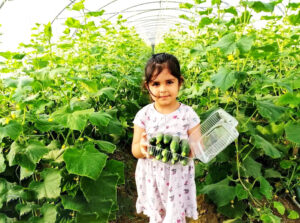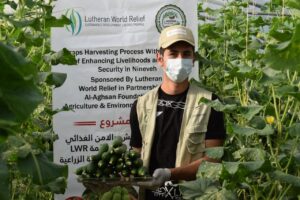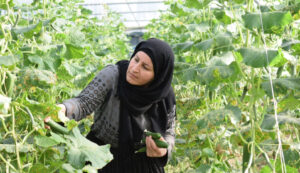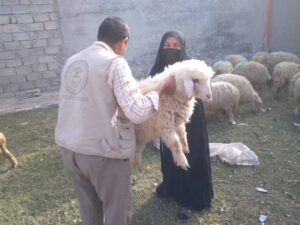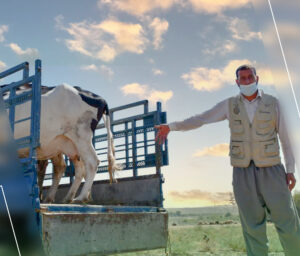Child labour
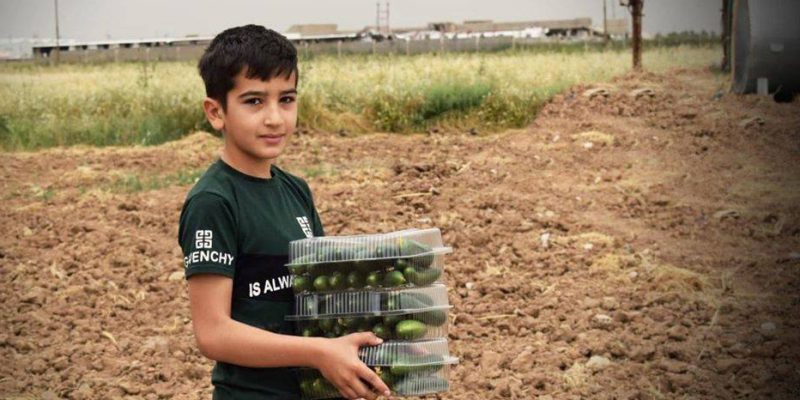
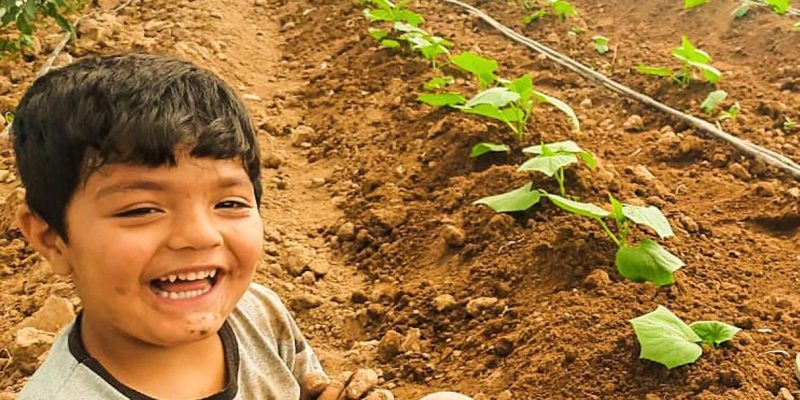
Details
READING TIME
3 min
CATEGORY
Child labour
AUTHOR
Aghsan
TOPIC
Protaction
Economic hardship exacts a toll on millions of families in Iraq – and in some places, it comes at the price of a child’s safety. Roughly 1.6 million children were subjected to child labour at the beginning of 2022. Almost half of them are in hazardous work that directly endangers their health and development. Children may be driven into work for various reasons. Most often, child labour occurs when families face financial challenges or uncertainty – whether due to poverty, sudden illness of a caregiver, or job loss of a primary wage earner. The consequences are staggering. Child labour can result in extreme bodily and mental harm, and even death. It can lead to slavery and sexual or economic exploitation. And in nearly every case, it cuts children off from schooling and health care, restricting their fundamental rights. Migrant and refugee children – many of whom have been uprooted by conflict, disaster or poverty – also risk being forced into work and even trafficked, especially if they are migrating alone or taking irregular routes with their families.
Trafficked children are often subjected to violence, abuse and other human rights violations. For girls, the threat of sexual exploitation looms large, while boys may be exploited by armed forces or groups. Whatever the cause, child labour compounds social inequality and discrimination. Unlike activities that help children develop, such as contributing to light housework or taking on a job during school holidays, child labour limits access to education and harms a child’s physical, mental and social growth. Especially for girls, the “triple burden” of school, work and household chores heightens their risk of falling behind, making them even more vulnerable to poverty and exclusion. Children around the world are routinely engaged in paid and unpaid forms of work that are not harmful to them. However, they are classified as child labourers when they are either too young to work or are involved in hazardous activities that may compromise their physical, mental, social or educational development. In the least developed countries, slightly more than one in four children (ages 5 to 17) are engaged in labour that is considered detrimental to their health and development. The issue of child labour is guided by three main international conventions: the International Labour Organization (ILO) Convention No. 138 concerning minimum age for admission to employment and Recommendation No. 146 (1973); ILO Convention No. 182 concerning the prohibition and immediate action for the elimination of the worst forms of child labour and Recommendation No. 190 (1999); and the United Nations Convention on the Rights of the Child. These conventions frame the concept of child labour and form the basis for child labour legislation enacted by countries that are signatories.
Gender disparities
In all regions, boys and girls are equally likely to be involved in child labour. However, gender disparities are often observed in the types of activities carried out, with girls far more likely to be involved in unpaid household services
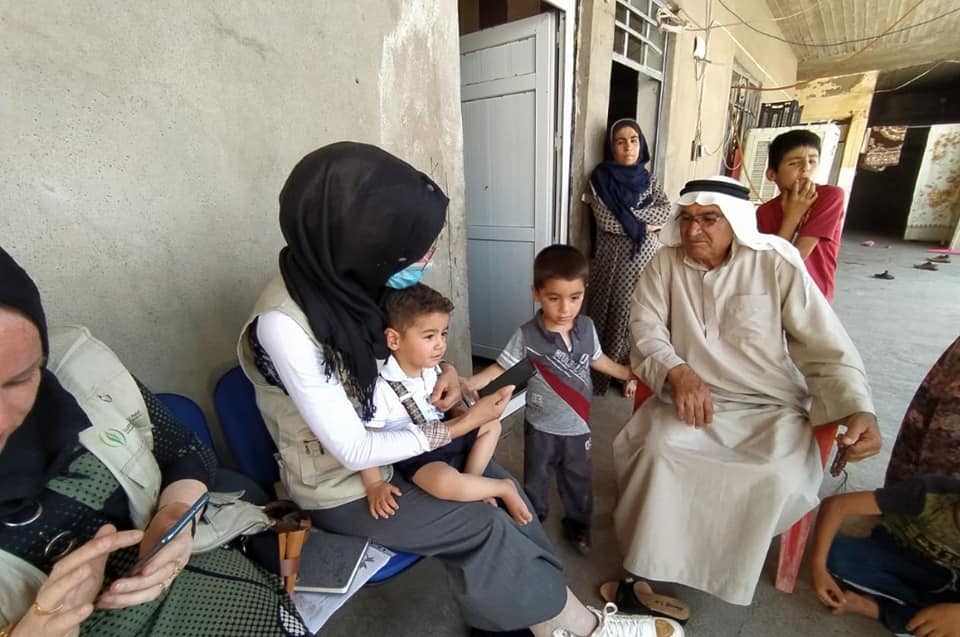
Our programmes
Last News

News
Climate Justice

Agricultural Entrepreneurship 2024
Second Day of the Innovation Camp for Agricultural Entrepreneurship at the University of Baghdad
Services
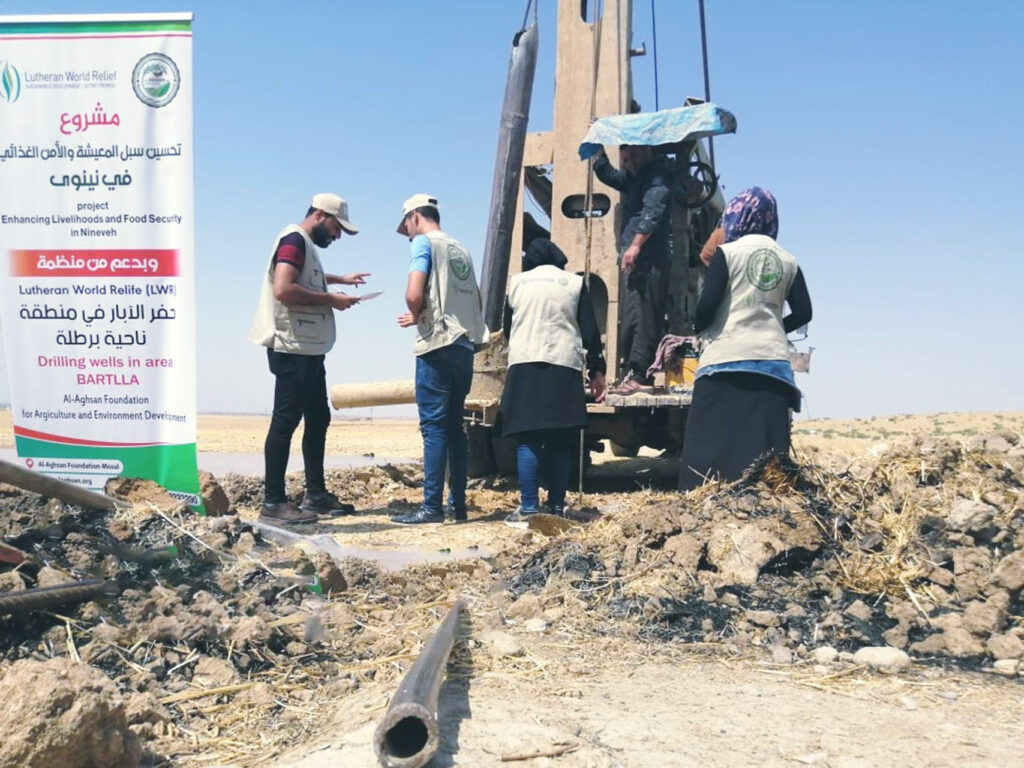
WHAT WE DO
Aghsan Foundation in Emergencies
Humanitarian action is central to Aghsan Foundation and realizing the rights of every child.
Aghsan
0 Comments
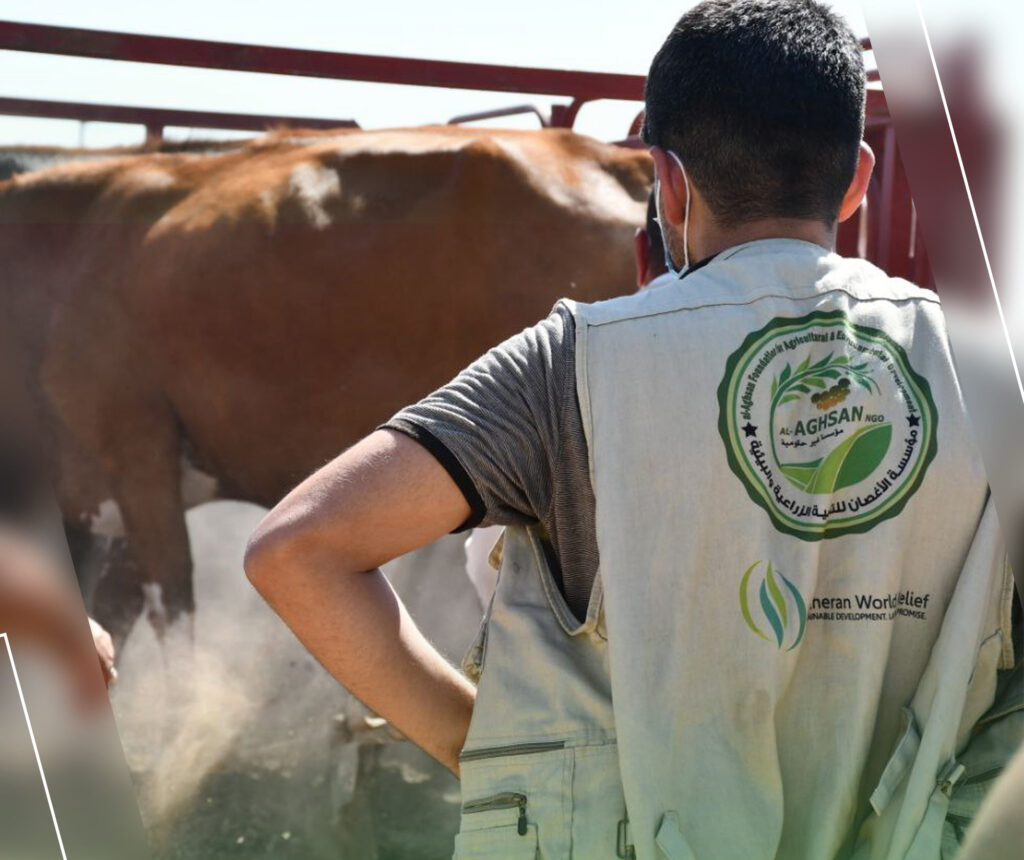
WHAT WE DO
Economic Recovery
The Economic Recovery sector is one of Aghsan Foundation’s five core sectors of intervention.
Aghsan
0 Comments
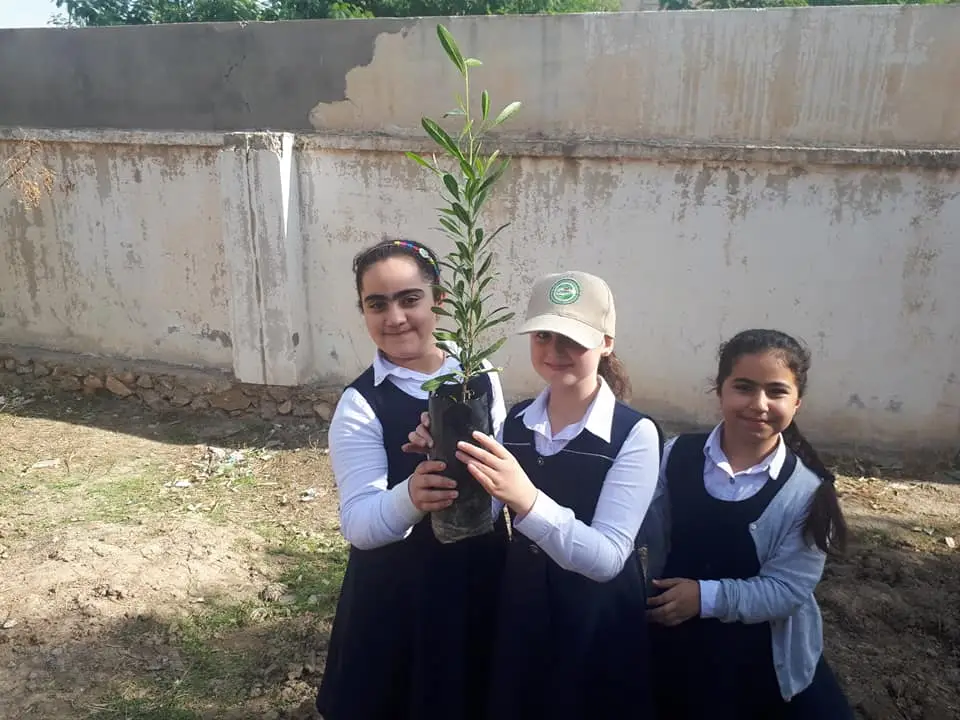
WHAT WE DO
Friends of the Environment
Aghsan Foundation commits to respond to the global climate crisis and environmental degradation
Aghsan
0 Comments
